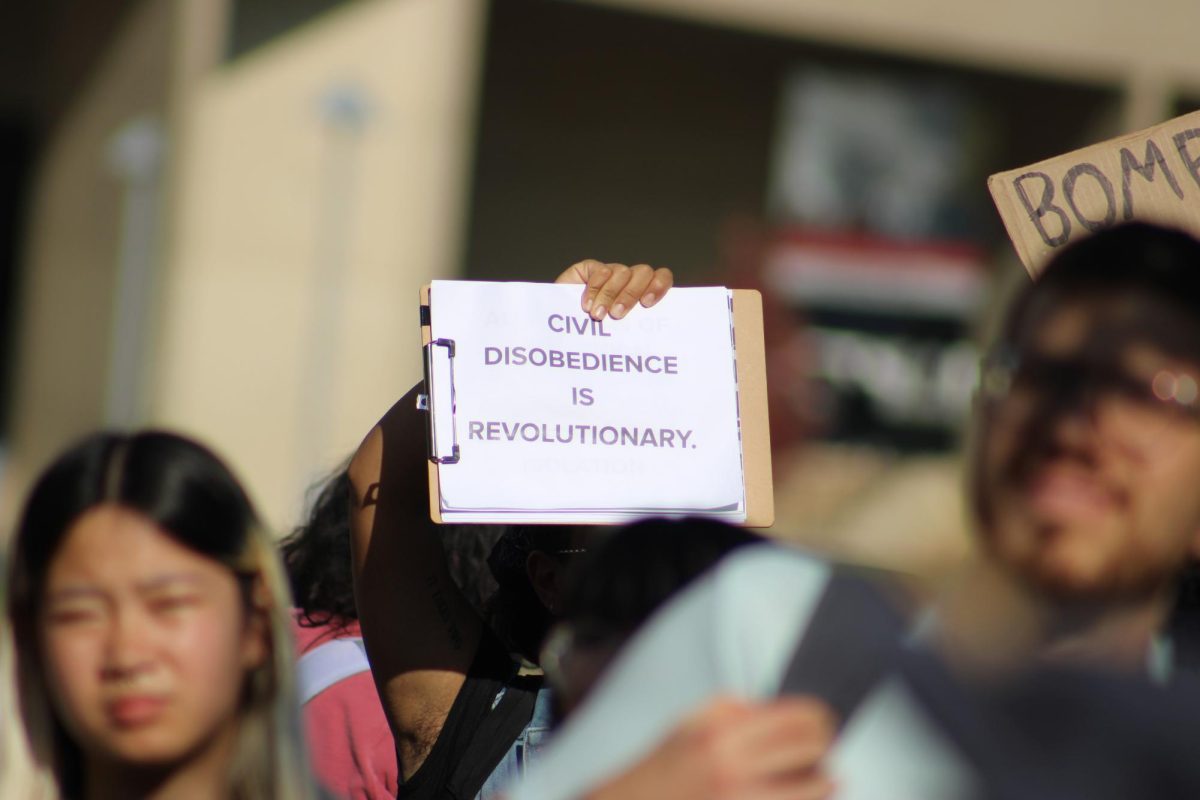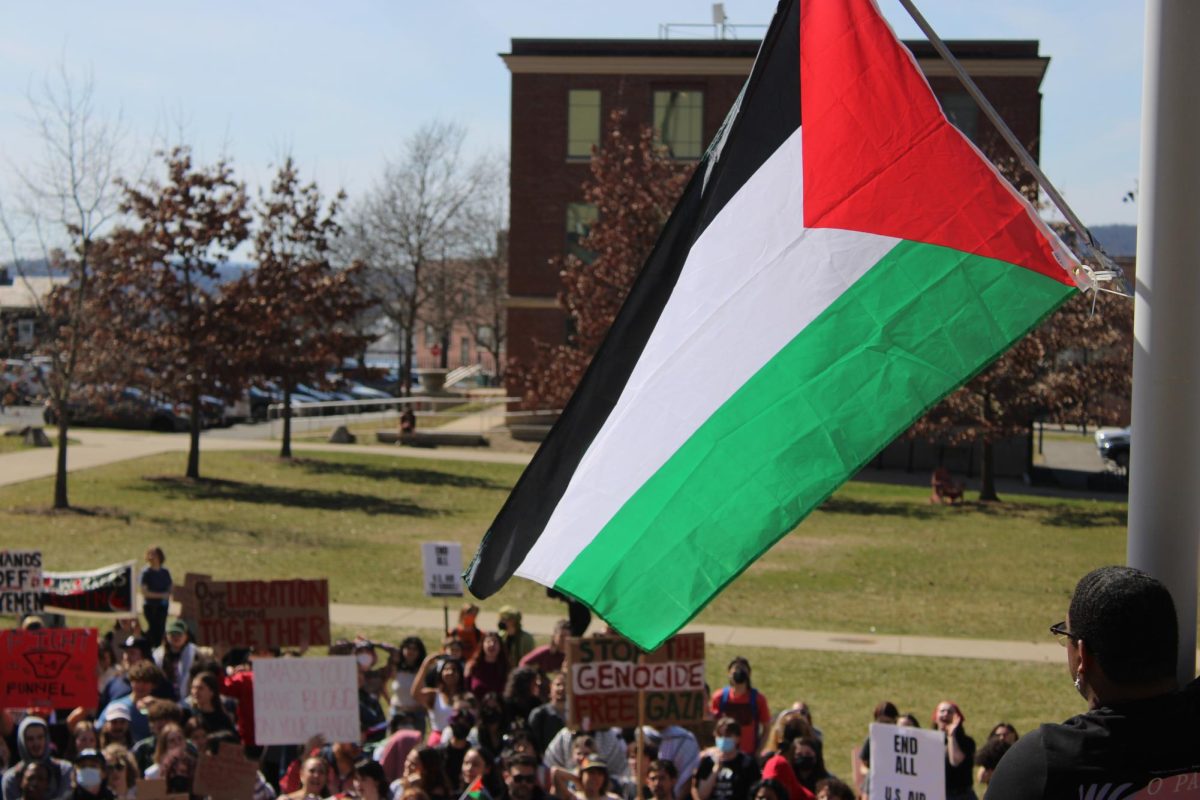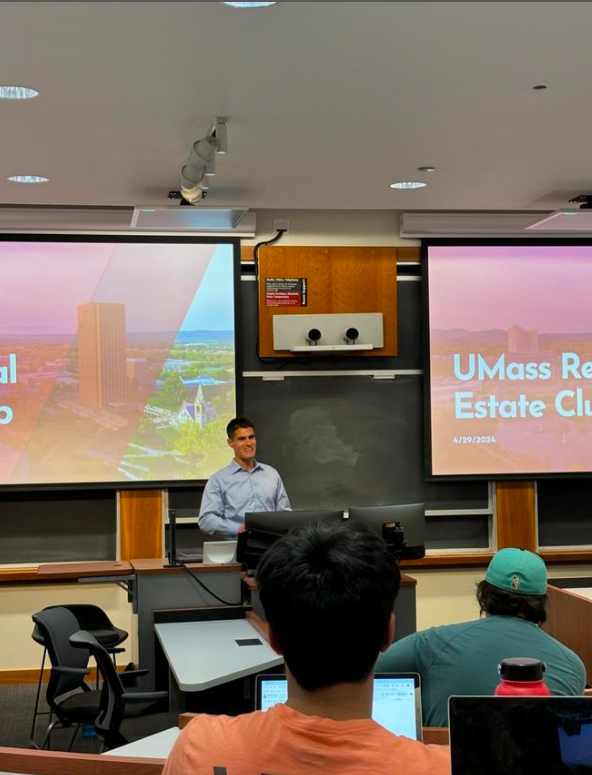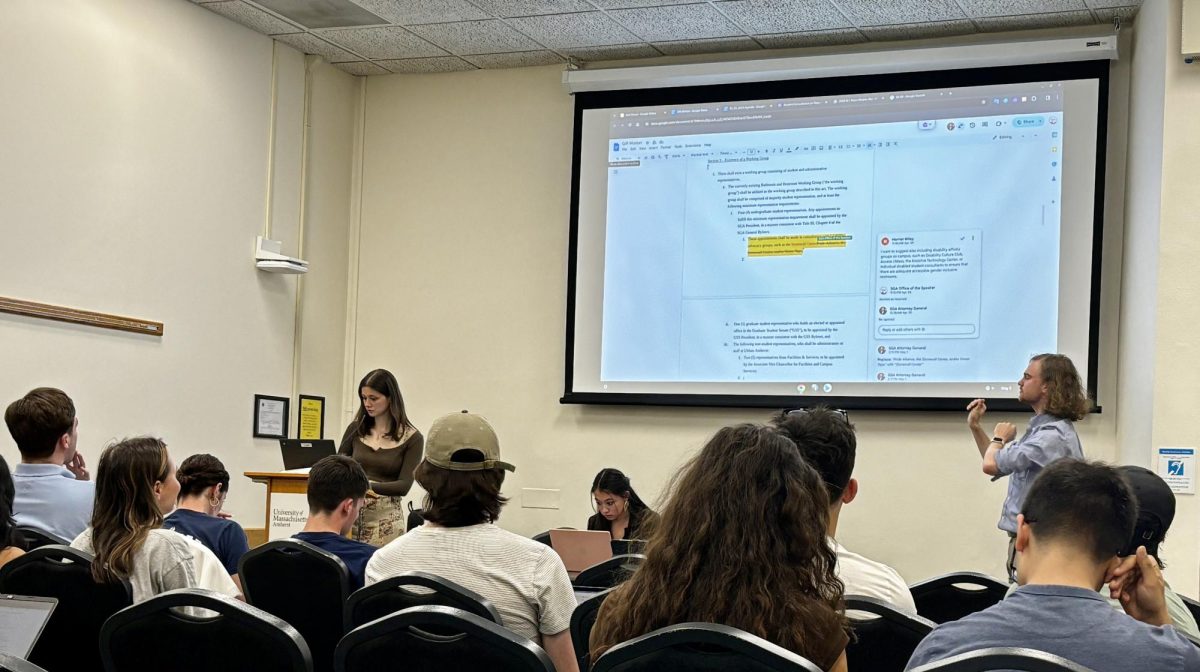JERUSALEM (AP) – Israeli Prime Minister Ariel Sharon agreed yesterday to cooperate with an international court’s expected investigation of a contentious West Bank security barrier.
Israel’s justice minister, meanwhile, asked the government to reopen debate on the route of the barrier, which is still under construction.
Israel says the snaking line of trenches, walls, fences and razor wire is needed to keep out suicide bombers, who have killed hundreds of Israelis over the past three years of violence. Palestinians say the planned barrier route, which cuts deep into West Bank land they claim for a future state, amounts to an Israeli land grab.
The U.N. General Assembly voted yesterday to refer the barrier debate to the International Court of Justice in The Hague, Netherlands. The United States voted against the move although it has criticized the route.
“We think that the resolution could undermine, rather than encourage, direct negotiations between the parties,” State Department spokesman Richard Boucher said.
Sharon and Foreign Minister Silvan Shalom met yesterday before the U.N. decision and agreed to cooperate if the case went to international court, according to Sharon adviser Raanan Gissin.
Israel would tell the court the barrier was needed for self-defense, he said.
“We’ll discuss it and present our case in the court,” Gissin said. “It will be a discussion of the right of Israel to exist, because the fence is meant to protect our existence.”
Justice Minister Yosef Lapid, leader of the centrist Shinui Party, asked the Cabinet to re-examine the barrier’s route at its meeting next Sunday, a request that was granted, Gissin said.
“The route that was approved is too long, too expensive, not acceptable to the United States and puts the whole world against us,” said Lapid, whose party is the second-largest in Sharon’s coalition government.
The northern 90-mile section of the barrier, which is completed, runs mainly along the invisible frontier between Israel and the West Bank. Most of the recently approved 228-mile southern section lies within the West Bank.
That new section in the south would isolate 274,000 Palestinians in tiny enclaves and block 400,000 others from their fields, jobs, schools and hospitals, according to a recent U.N. report. The final planned route could gobble up almost half the West Bank.
The General Assembly passed a resolution in October calling on Israel to halt construction of the barrier and dismantle the completed section. Israel has ignored the resolution.
With the approval of the new U.N. resolution yesterday, the question of the wall’s legality will be sent to the court at The Hague for an advisory opinion. Such cases usually take between four and 15 months, said Ruth Lapidoth, a professor of international law at Jerusalem’s Hebrew University.
The court’s opinion would not be binding, she said.
“It is an advisory opinion … it is only a question of public relations,” she said.
Palestinian Prime Minister Ahmed Qureia said yesterday the barrier “will kill the peace process” and make it difficult to create a viable Palestinian state.
Qureia was speaking on his return from Cairo, where he failed to persuade militants – including Hamas and Islamic Jihad – to stop attacks on Israelis.
Hamas and Islamic Jihad agreed to halt attacks inside Israel but said they would continue attacking soldiers and Jewish settlers in the West Bank and Gaza Strip.
Qureia had hoped to use such an agreement to pressure Israel into signing a cease-fire deal that could kickstart stalled peace talks. Israel has demanded the Palestinians crack down on militants, as required under the U.S.-backed “road map” peace plan.
As long as the Palestinians don’t take “real steps to dismantle the terrorist infrastructure” the security barrier will continue as planned, Gissin said.
“If Palestinians stop the terror, it could be that it will be possible to change the route or remove the fence altogether,” he said.
Also yesterday, conservative lawmakers from the ruling Likud party harshly criticized Vice Premier Ehud Olmert for breaking with party policy and proposing Israel withdraw from most of Gaza and the West Bank and possibly parts of Jerusalem – even without a peace treaty with the Palestinians.
“This causes great damage to Israel, to our security and our ability to present our case to the world,” said Likud hardliner Uzi Landau.
He said the Palestinians would view any withdrawal as a concession and would be less likely to fight terror organizations.
Olmert said in a weekend interview that Israel could not hope to rule over millions of Palestinians and remain a democratic and Jewish state.
In the interview, Olmert proposed drawing Israel’s border with the Palestinians unilaterally, evacuating some Jewish settlements in the process.
Olmert, a key ally of Sharon’s, appears to have the support of the prime minister. Political analysts have speculated Olmert was floating a trial balloon for Sharon, and at a Cabinet meeting Sunday, Sharon refused to condemn his deputy.






